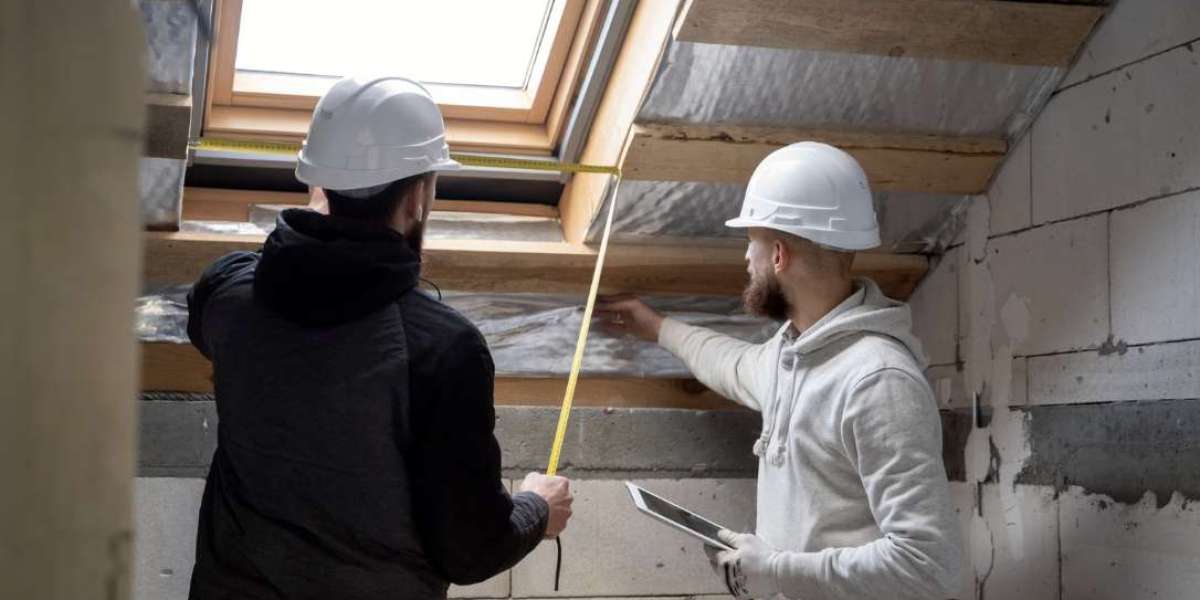Let’s face it: foundation repair costs can feel like navigating a minefield. One day you’re sipping coffee in your cozy living room, and the next, you’re staring at a cracked wall wondering how much it’ll set you back. Understanding what drives those numbers is half the battle. Whether you’re a first-time homeowner or a seasoned real estate pro, knowing the ins and outs of pricing, hidden fees, and potential savings can keep your budget intact.
In this guide, we’ll break down everything from basic cost drivers to savvy tips for trimming expenses. And hey, if you happen to live in Florida, you might also look into foundation repair Tallahassee experts who know the local soil quirks.
Key Factors That Influence Foundation Repair Costs
Several elements come together to determine your final bill. First off, the type of foundation—slab, crawlspace, or basement—matters big time. Slab foundations might need mudjacking or foam injection, while basements often rely on interior or exterior waterproofing and pier installation.
Next, extent of damage plays a starring role; minor crack injections can run a few hundred dollars, but major structural fixes can skyrocket into five figures. Don’t forget soil conditions: expansive clay soils that swell when wet and shrink when dry can wreak havoc on foundations, driving up the complexity of repairs.
Accessibility is another deal-breaker—tight crawlspaces or landscaping you’re keen to preserve means extra labor, which translates to more dollars. Finally, local labor rates and permit fees vary by region. At the end of the day, all these factors blend together, so get a clear scope of work before signing on the dotted line.
Common Foundation Repair Methods and Their Average Costs
Concrete Piering
Cost Range: $1,000 – $3,000 per pier
Ideal for lifting and stabilizing settled sections of slab or footing
Steel Push Piers
Cost Range: $1,200 – $2,500 per pier
Driven through unstable soil to bedrock, offering permanent support
Helical Piers
Cost Range: $1,500 – $3,500 per pier
Screwed into stable soil strata; great for tight-access jobs
Slab Jacking (Mudjacking)
Cost Range: $300 – $1,000 per hole (lifts the slab via grout injection)
Best for small settling issues without extensive excavation
Polyurethane Foam Injection
Cost Range: $500 – $1,200 per hole
Lightweight foam lifts slab and seals cracks, plus cures quickly
Carbon Fiber Wall Straps
Cost Range: $500 – $1,000 per strap
Reverses bowing walls, ideal for basement reinforcement
Signs Your Foundation Needs Repair
Detecting early warning signs can save you a bundle down the road. Watch for diagonal wall cracks running from corners of doors or windows—those stress fractures scream “settling.” If floor joists creak or you feel uneven spots when walking, the problem might lie below.
Take note of sticking doors or windows, since misaligned frames often result from shifting walls. In basements, look for damp spots or mold, which can indicate failing waterproofing or foundation breaches. And let’s not ignore the appearance of gaps between molding and walls; even small separations can point to structural movement. Spotting these red flags early lets you plan wisely, compare quotes, and avoid emergency repairs that always cost more. After all, a stitch in time saves nine—as they say.
4. Additional Expenses to Consider
Permits and Inspections
Fees vary by municipality; budget $100–$500 for permits and reviews
Landscape Repair
Replacing sod, shrubs, and sprinkler heads can tack on $200–$1,000
Interior Repairs
Drywall patching, repainting, and trim work often add another $500–$2,000
Waterproofing
Exterior drainage and sealants may cost $3,000–$10,000 on top of structural work
Access Construction
Building temporary walkways or removing obstacles can run up labor costs
Soil Stabilization
Chemical injection or drainage solutions for expansive soils might add $1,000–$5,000
How to Get Accurate Repair Estimates
When it comes to quotes, you’ll want crystal-clear comparisons. First, get at least three bids from licensed contractors; never settle for the first estimate you receive. Ask each to provide a detailed scope of work, including materials, labor hours, and a timeline.
Always check for written warranties—look for at least a five-year guarantee on piers and a longer warranty on waterproofing systems. Don’t hesitate to verify references and online reviews; a stellar track record can offer peace of mind, especially when you’re shelling out thousands.
Also, ask about financing options—many companies partner with lenders to spread payments over time. Lastly, make sure each estimate includes permit fees and clearly notes any additional services, like landscaping or interior repair, so you can compare apples to apples.
Ways to Save on Foundation Repair
Bundle Services
Combine structural repair and waterproofing to negotiate discounts
Off-Season Scheduling
Winter or early spring often sees lower labor rates due to slower demand
DIY Preparations
Clear the work area, trim landscaping, and remove debris before crews arrive
Local Contractors
Smaller firms may offer competitive pricing versus large national companies
Grant and Loan Programs
In some regions, you can tap into government assistance for structural safety upgrades
Material Substitutions
Ask if there are alternative pier materials or sealants that meet standards at lower cost
Conclusion
At the end of the day, understanding foundation repair costs is all about knowledge—knowing what factors drive pricing, which methods suit your home, and how to compare estimates like a pro. From pier installation to waterproofing and beyond, each element can shift your budget by thousands. Remember to watch for those telltale warning signs—cracks, sticking doors, and moisture—and tackle them early to avoid emergency premiums.
And hey, if you’re in the Tallahassee area, lean on foundation repair Tallahassee specialists who get local soil and weather challenges inside out. With the right info and a smart contractor search, you’ll keep both your home and your wallet in good shape.








